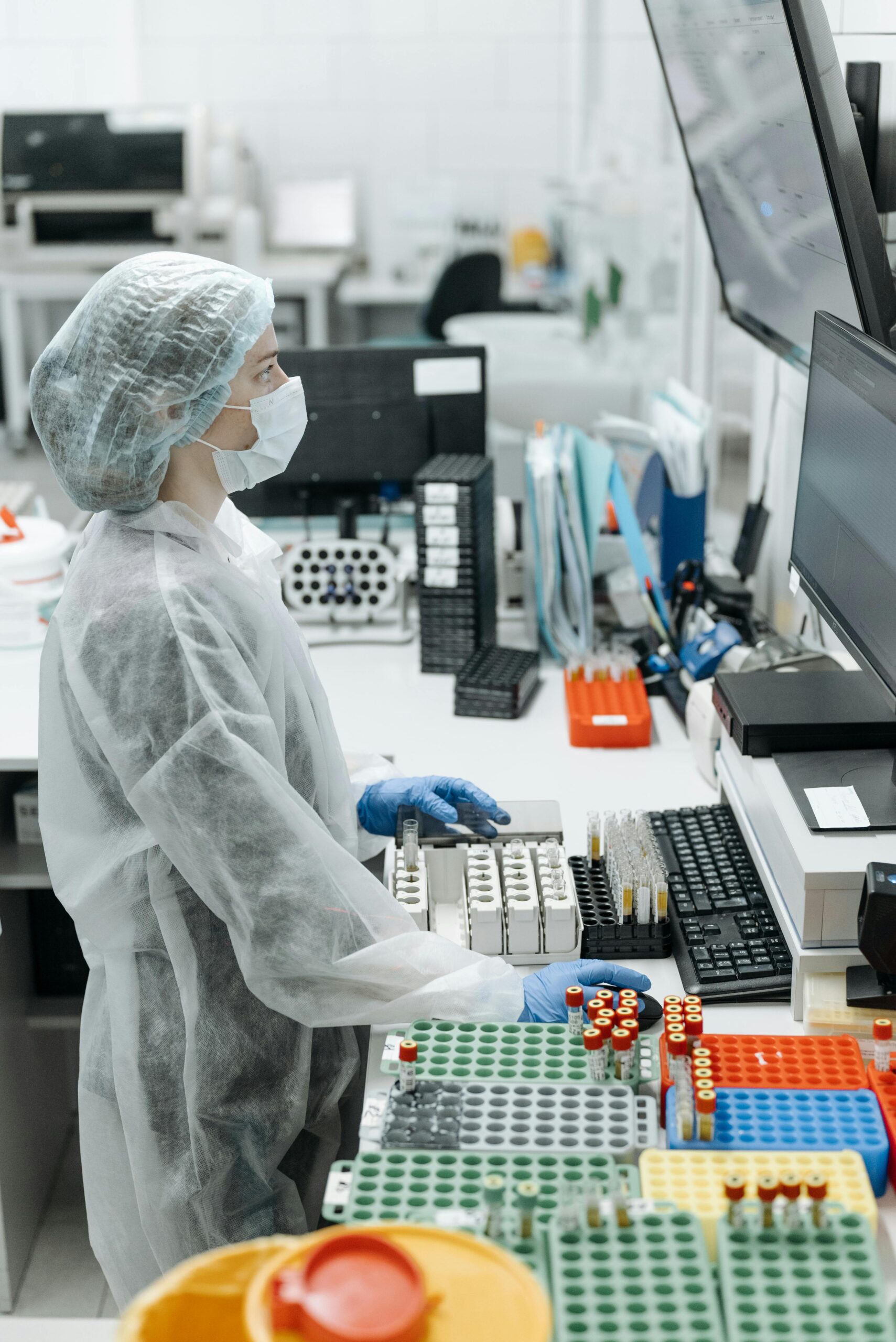The course focuses on the applications of plant biotechnology aimed at enhancing key plant traits, such as resistance to abiotic stresses, plants with high nutritional value, environmental sustainability and the production of secondary metabolites and high-value biomolecules for health and nutrition. The course analyzes modern omics technologies and their applications in Plant Biotechnology, with a particular focus on agri-food systems, health and environmental protection. Students will develop a strong understanding of fundamental processes, including Next-Generation Sequencing (NGS) and the use of molecular markers for the development and improvement of plant organisms. The curriculum encompasses molecular plant improvement, strategies to enhance plant resilience to abiotic stresses and methodologies for the identification and certification of genetically modified organisms (GMOs). Through laboratory exercises and access to state-of-the-art scientific resources, students will acquire practical skills in data analysis and synthesis. Collaboration is a key component of the course, as students are encouraged to work in teams to design and present comprehensive studies that integrate theoretical knowledge, experimental procedures, and critical discussion of results. The course emphasizes the integration of cutting-edge technologies with a strong commitment to social responsibility, bioethics, and sustainable development in the field of Plant Biotechnology. Additionally, it explores the regulatory frameworks and patents governing biotechnology applications, highlighting its transformative potential in agri-food systems, healthcare, and environmental management.


